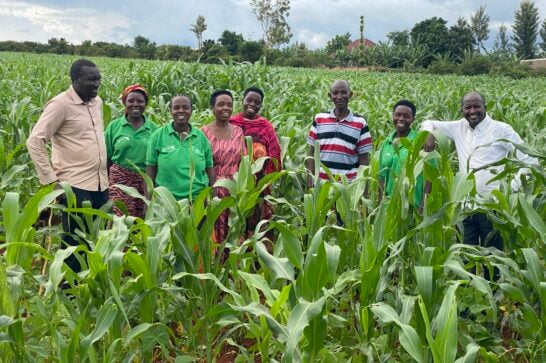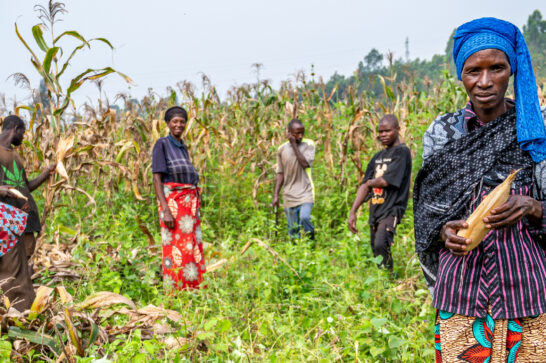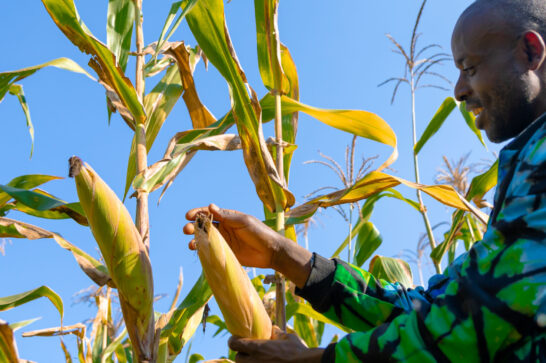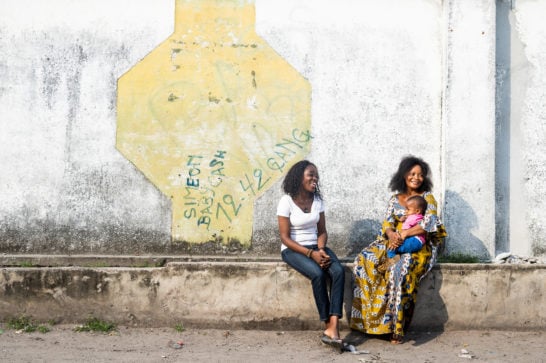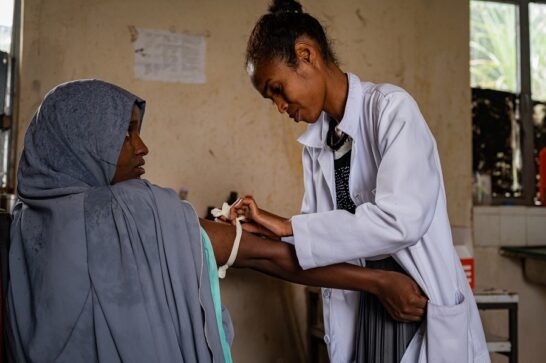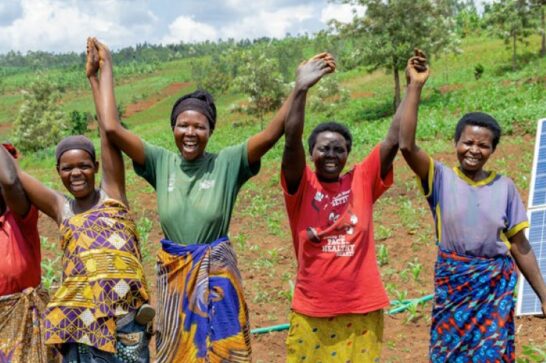Rwanda Dairy Development Project (closed project)
The overall goal of the Rwanda Dairy Development Project was to contribute to economic growth and improve the livelihoods of resource-poor rural households focusing on food security, nutrition and the empowerment of women and youth in a sustainable and climate-resilient value chain.
Cordaid has made it more attractive for savings and credit cooperatives and microfinance institutes to finance the dairy value chain. We enabled them to develop and deliver adapted financial products (savings, loans, payments) targeting small dairy farmers and small enterprises.
This was a one-year project financed by the International Fund for Agricultural Development.
Sustainable Market Alliance and Assets Creation for Resilient Communities and Gender Transformation (SMART) (closed project)
The World Food Programme and Cordaid have had an ongoing collaboration since 2016 to link financial service providers to producer organisations for finance in the value chain.
The project’s overall goal was to improve smallholder farmers’ access to inputs, markets, and equipment across 75 cooperatives, mainly run by women.
Under the same collaboration, Plusplus led a crowdfunding initiative to attract more funding for microfinance institutions.
ReGenerate Rwanda (closed project)
The goal of ReGenerate Rwanda was to sustainably increase the income of 30,000 women, youth, and men in western and southern Rwanda. Using a market systems development approach, this five-year programme aimed to identify, catalyse, and scale up systemic solutions to reduce poverty, advance gender equality, regenerate the environment, and increase resilience.
The project was funded by the International Fund for Agricultural Development and led by TechnoServe in partnership with Cordaid.
WHERE WE WORK IN RWANDA
In the western and southern provinces, we support financial institutions by developing innovative, efficient and affordable digital credit platforms to support microfinance institutions in implementing an affordable and effective loan management system.
In the eastern part of the country, Cordaid is implementing a climate adaptation programme to promote community-led strategies for building climate-resilient ecosystems.
PARTNERS AND DONORS
In Rwanda, Cordaid works with both national and international partners, including MINAGRI, RAB, MoE, NAEB, RFA, NAEB, RCCDN, RICEM, AMIR, IUCN, Enabel, World Vision, ICRAF, Microfinance institutions and banks of Rwanda, SACCOs, AMIR, Evergreen, Ignite, Hollande Greentech, Simbuka, Chomoka, VIAMO.
Our recent donors include WFP, IFAD, Mastercard Foundation, Achmea Foundation, Rabo Foundation, Green Climate Fund, Embassy of the Kingdom of the Netherlands, BRD, TechnoServe, Swedish International Development, and World Bank.
CONTACT
Address
Golden Plaza, 1st floor,
KG 546 st 1
P.O. Box 5261
Kigali
Rwanda
The Rwanda office is part of our East and South Africa Cluster.
Cluster Director
Heleen van der Beek
Email: [email protected]
Country Manager
Patrick Birasa
Email: [email protected]
Follow Cordaid Rwanda
Twitter
Follow Cordaid East and South Africa
Twitter
LinkedIn


